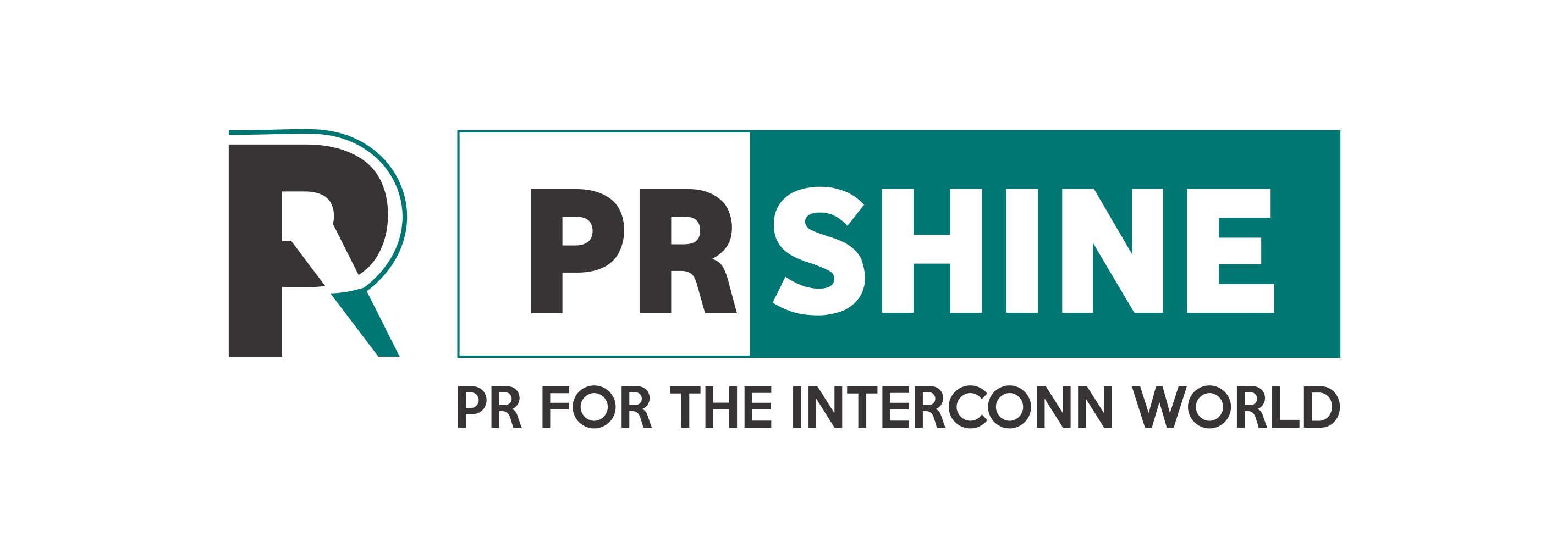Harnessing ERP Software for Effective Supply Chain Management
In an increasingly interconnected and globalized business landscape, effective supply chain management is vital for organizations to maintain a competitive edge. Enterprise Resource Planning (ERP) software

In an increasingly interconnected and globalized business landscape, effective supply chain management is vital for organizations to maintain a competitive edge. Enterprise Resource Planning (ERP) software plays a crucial role in streamlining and optimizing supply chain operations, enabling organizations to enhance efficiency, reduce costs, and improve customer satisfaction. In this article, we will explore the benefits of leveraging ERP software for supply chain management, the key features it offers, and how organizations can harness its capabilities to achieve supply chain excellence.
- End-to-End Visibility and Transparency:
ERP software provides end-to-end visibility and transparency across the entire supply chain. It enables organizations to track and monitor inventory levels, production processes, order fulfillment, and logistics in real-time. With a centralized view of supply chain activities, organizations can identify bottlenecks, anticipate demand fluctuations, and proactively manage potential disruptions. This visibility allows for better planning, coordination, and decision-making, ultimately improving supply chain performance.
- Demand Forecasting and Inventory Management:
ERP software incorporates advanced demand forecasting and inventory management features that help organizations optimize their inventory levels and reduce carrying costs. By analyzing historical data, market trends, and customer demand patterns, ERP systems generate accurate demand forecasts. This information enables organizations to adjust production schedules, optimize inventory levels, and ensure timely order fulfillment. With improved demand forecasting and inventory management, organizations can minimize stockouts, reduce excess inventory, and improve cash flow.
- Supplier Relationship Management:
ERP software facilitates effective supplier relationship management by providing tools to manage supplier information, contracts, and performance. Organizations can maintain a comprehensive supplier database, track key supplier metrics, and establish clear communication channels. ERP systems enable streamlined procurement processes, including supplier selection, purchase order management, and invoice reconciliation. With centralized supplier management, organizations can enhance collaboration, negotiate better pricing, and ensure a reliable and efficient supply chain network.
- Supply Chain Collaboration:
ERP software fosters collaboration and communication among various stakeholders in the supply chain, including suppliers, manufacturers, distributors, and customers. By integrating data and processes, ERP systems enable seamless information sharing, real-time updates, and streamlined workflows. This collaboration improves coordination, reduces lead times, and enhances overall supply chain efficiency. With ERP, organizations can engage in collaborative planning, forecasting, and replenishment initiatives, resulting in better inventory management and increased responsiveness.
- Quality Control and Compliance:
ERP software includes robust quality control and compliance features to ensure product integrity and regulatory compliance throughout the supply chain. Organizations can establish quality control checkpoints, track product inspections, and manage non-conformities. ERP and CRM Software systems also facilitate adherence to industry standards and regulatory requirements, helping organizations avoid penalties and maintain product quality. By enforcing quality control and compliance measures, organizations can build trust with customers, enhance brand reputation, and mitigate risks associated with supply chain disruptions.
- Data Analytics and Performance Measurement:
ERP software offers comprehensive data analytics and reporting capabilities to monitor supply chain performance and identify areas for improvement. Organizations can generate customized reports, analyze key performance indicators (KPIs), and track metrics such as order fulfillment rates, on-time delivery, and inventory turnover. By leveraging these analytics, organizations can identify inefficiencies, optimize processes, and implement continuous improvement initiatives. Data-driven insights enable organizations to make informed decisions, reduce costs, and drive supply chain excellence.
Conclusion:
ERP software plays a crucial role in effective supply chain management by providing end-to-end visibility, demand forecasting, supplier relationship management, supply chain collaboration, quality control, and data analytics. By harnessing the capabilities of ERP, organizations can optimize their supply chain operations, enhance efficiency, reduce costs, and improve customer satisfaction. With a well-implemented ERP system, organizations can achieve supply chain excellence, gain a competitive edge, and position themselves for success in a rapidly evolving business environment


 mydigitalcrown
mydigitalcrown 









